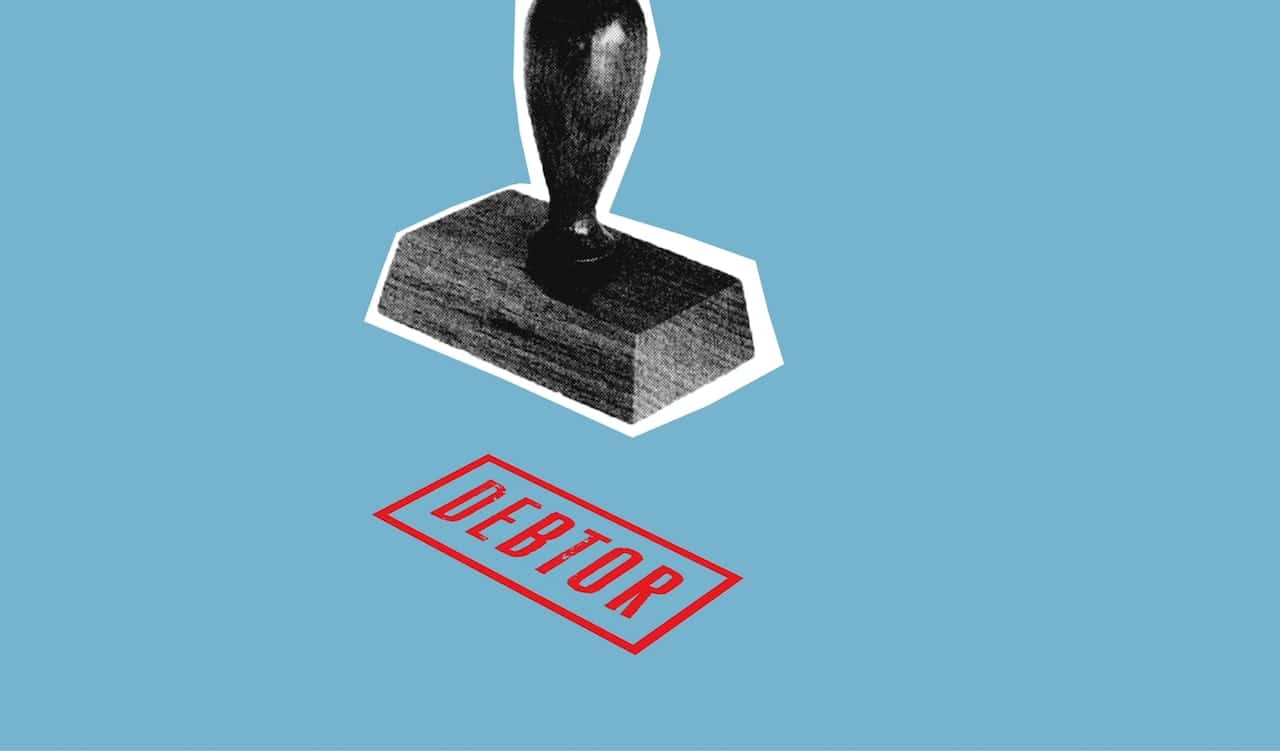Key Takeaways
- A collection agency may report a delinquent account to the credit bureaus as early as 31 days after a missed payment, following required validation and notification steps.
- Collection accounts significantly impact your credit score and can remain on your credit report for up to seven years, affecting your ability to borrow.
- Paying off debt in collections, making on-time payments, or negotiating repayment terms can help reduce credit damage and may improve your credit score.
- Failing to cooperate with a collection agency can lead to wage garnishment, lawsuits, additional fees, and further credit score harm.
The United States has three primary credit reporting agencies.1 If you owe funds to a collection agency, you may be curious about how long it takes them to report your activity to the three major credit bureaus.
As a consumer, it’s critical to understand the ins and outs of personal finance. Continue reading to learn more about debt collection agencies and credit reporting companies.
What Exactly Is a Collection Agency?
A collections agency is a business that helps lenders collect outstanding debt. If you do not pay a lender, they can turn to a debt collector or agency to either try to get their funds back or sell the debt altogether. Some bills, like medical debts, do not appear on your credit reports until debt collectors are involved.
Does Having a Collection Account Hurt My Credit Score?
Yes, collections affect credit scores after creditors report to credit bureaus. For one, if your credit account is in collections, it is likely because you missed multiple payments and defaulted on the loan. These delinquencies will stay on your credit report for up to 7 years and hurt your credit score considerably.
Steps Collection Agencies Must Take To Report to a Credit Bureau
A collection agency reports to credit bureaus, but there are steps that collection agencies must take before they report to the major credit bureaus.
| Step Number | Action Taken by Collection Agency | Description |
| 1 | Acquire Debt | The agency either buys the debt from the original creditor or is contracted to collect it on their behalf. |
| 2 | Validate Debt | The agency must ensure that the debt is valid and that they have all the necessary details, such as the amount owed and the name of the debtor. |
| 3 | Send Validation Notice | A validation notice, also known as a debt validation letter, is sent to the debtor. This notice includes details about the debt, the original creditor, and how to dispute the debt. |
| 4 | Wait for Response | The agency must wait for a reasonable period (often around 14 days) for the debtor to respond to the validation notice. |
| 5 | Confirm Receipt or Non-Response | If the debtor responds, the agency must confirm receipt. If there is no response, the agency can proceed to the next step. |
| 6 | Report to Credit Bureaus | The agency can now report the debt to the three major credit reporting agencies: Equifax, Experian, and TransUnion. |
| 7 | Regular Updates | Once the initial report is made, the agency can continue to update the credit bureaus regularly, usually every 30 days, about the status of the debt. |
How Many Times Can Agencies Report to a Credit Bureau?
Generally, collection agencies report every 30 days to the credit bureaus. However, the time frame can be shorter or longer, depending on how quickly the collection agency reports to the credit bureau.
How To Ensure a Positive Impact on Your Credit Scores When Working With an Agency?
You may boost your credit score when you pay a collection agency because they can report your payment(s) to a credit reporting company. Here are some things to ensure a positive reflection on your credit report:
- Make Payments on Time — Your payment history is the most significant factor that determines your credit score. It is imperative that you make your debt payments on time!
- Pay off the Debt Quickly — Paying off collections can improve a credit score. Paid-off debt will help your credit utilization ratio,
- Be Open About Your Inability To Repay — If you cannot repay your debt, then it will be in your best interest to inform the agency immediately. In most cases, they may be able to accommodate, especially if it is a one-time payment!
The Importance of Cooperating With a Collection Agency?
Cooperating with an agency is essential if they have one of your credit accounts. Here are some consequences that can happen if you do not cooperate with your agency:
- Wage Garnishment — Suppose a debt is sold to another company. In that case, the debt collector can take you to court and ask for wage garnishment.
- Harm to Credit Scores — If you do not cooperate with a debt collector, it can really hurt your credit score. Consider the number of late payments reported to the three major credit bureaus, loan defaults, etc. To avoid a significant negative impact on your credit, cooperate with your agency.
- Legal Fees and Lawsuits — Legal fees can be expensive, and if a debt collector takes you to court, you may have to pay for those fees. Additionally, any legal proceeding can be stressful and time-consuming, and the best way to avoid all of this hassle is to work with your collections agency for debt repayment.
- Additional Loan Fees — Another thing to consider when working with a debt collection agency is that delaying the repayment process can mean more fees are added to your debt, including collection costs.
If You Cannot Afford To Make Debt Payments Now
If you cannot afford to repay unpaid debt right now, here are some things to consider:
- Negotiate With Your Collection Agency — Most debt collectors are pretty flexible, which means they may be willing to work something out. On the other hand, if you have the money upfront, you may want to consider debt settlement, which involves a lump sum of money to have the debt taken care of.
- Consider Refinancing Your Debt — Refinancing can help you get manageable monthly payments, but this method may not work for everyone. Borrowers with poor credit may only have access to bad credit loans, which are expensive! While good credit borrowers could get competitive loan repayment, making refinancing worthwhile.
FAQs on Collection Agencies, Credit Bureaus, and Reports
Collection Agency — A business that specializes in collecting debts on behalf of original creditors.
Credit Bureau (Credit Reporting Agency) — An organization that collects and maintains consumer credit information in a credit report.
Generally, no. Once a debt is in collections, the collection agency has the legal right to report it to the credit reporting agencies.
Credit reporting agencies usually update information every 30 to 45 days, but this can vary depending on the reporting practices of the individual collection agency.
If a collection agency chooses not to report a debt to the credit reporting agencies, the debtor’s credit report won’t be directly affected by that particular debt.
The statute of limitations varies by state and type of debt. It’s the period during which an original creditor or collection agency can legally sue you for the debt.
Information on a credit report usually comes from lenders, credit card companies, and other financial institutions, including collection agencies.
Soft Inquiry — A credit check that does not affect your credit report or score.
Hard Inquiry — A credit check that can slightly reduce your credit score and appears on your credit report.
While credit reporting agencies aim for accuracy, errors can occur. It’s advisable to regularly check your credit reports for inaccuracies.
The Bottom Line from CreditNinja
Negative information on a credit report can decrease your FICO score and wreak havoc on your life. A collections company can and will report to at least one of the major credit bureaus if a delinquent payment is 31 days late.2
The good news is that CreditNinja may help you! We offer personal loans for financial emergencies and free financial articles online. You may be able to get an unsecured loan online to get back on your feet and prevent a negative entry on your credit report from a late payment.
References:
- Credit Reporting Agencies Don’t Just Report Credit Scores│Duke University
- How Long Before a Collection Agency Can Report to a Credit Reporting Company?│ Lemberg Law
Nooreen brings over nine years of experience as a financial writer and editor, including six years in FinTech and three years at CreditNinja. Nooreen earned her BA in English Language and Literature. She is a member of the American Bankers Association® Frontline Compliance program, having completed over 24 ABA certification programs. Her professional skill set also includes certifications in email marketing and a certificate in UX writing and design.







